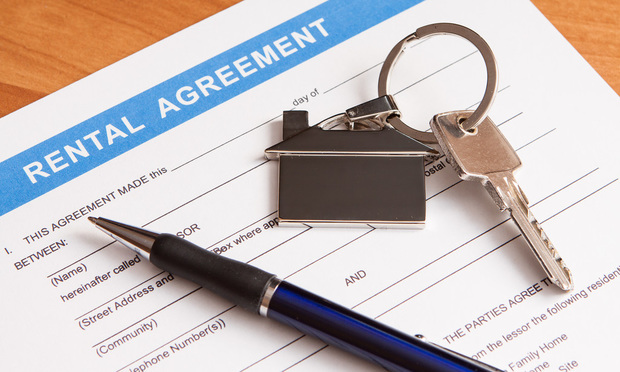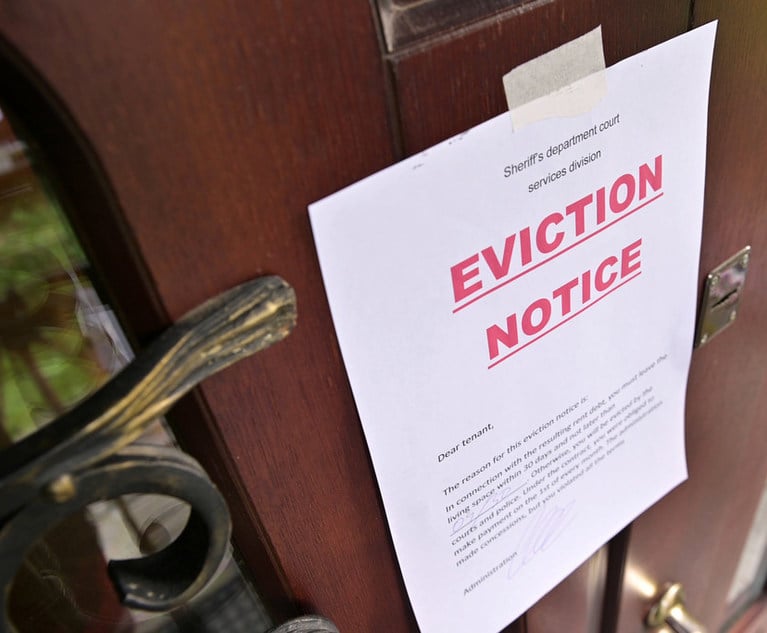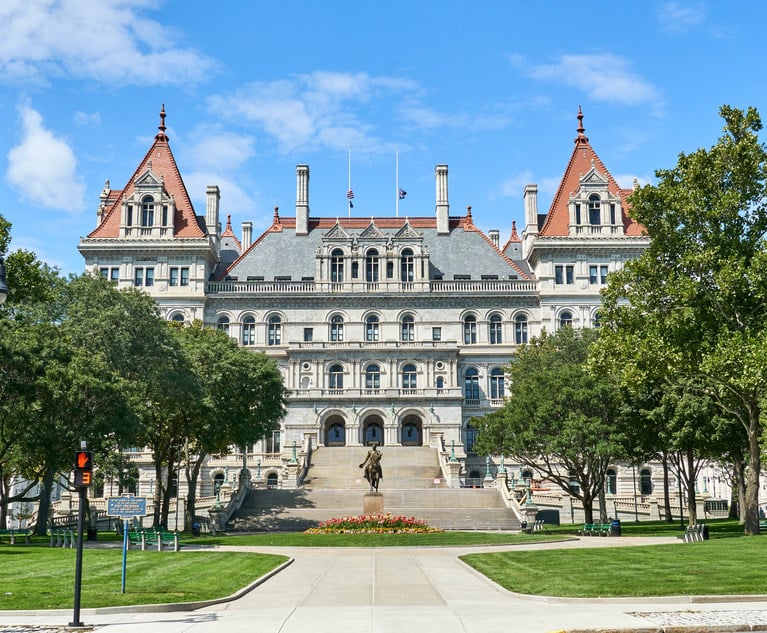As the current COVID-19 pandemic continues its path of destruction, the New York State Senate and Assembly are considering identical bills (Senate Bill S8125A; Assembly Bill A10224A) to ease residential and small business rent burdens in this time of economic hardship. The proposed legislation would waive rent payments for residential tenants and small businesses that have suffered the loss of income or have been forced to close their place of business as a result of government ordered pandemic-related restrictions. While the intention of helping those in need is admirable, the proposed legislation would alter private contract rights, and therefore inescapably bump up against the Contracts Clause of the U.S. Constitution.
The pending bills would not provide a mere rent-payment delay for those entitled to the benefit, with missed payments to be made up later. Rather, by the very text of the proposed legislation, those entitled to benefit from a 90-day rent waiver “shall not and shall never be required to pay any rent waived during such time period.” The bills, however, provide no yardstick as to how much lost income would be necessary to trigger the rent waiver. Would any amount of lost income entitle a tenant to the rent waiver? Would this apply to individuals who are self-employed and claim a loss of self-employment income? And what about a tenant who has sufficient unearned (i.e., investment) income but lost his or her job to COVID-19? The proposed legislation leaves these and other important questions unanswered.


 Photo: Bigstock
Photo: Bigstock




